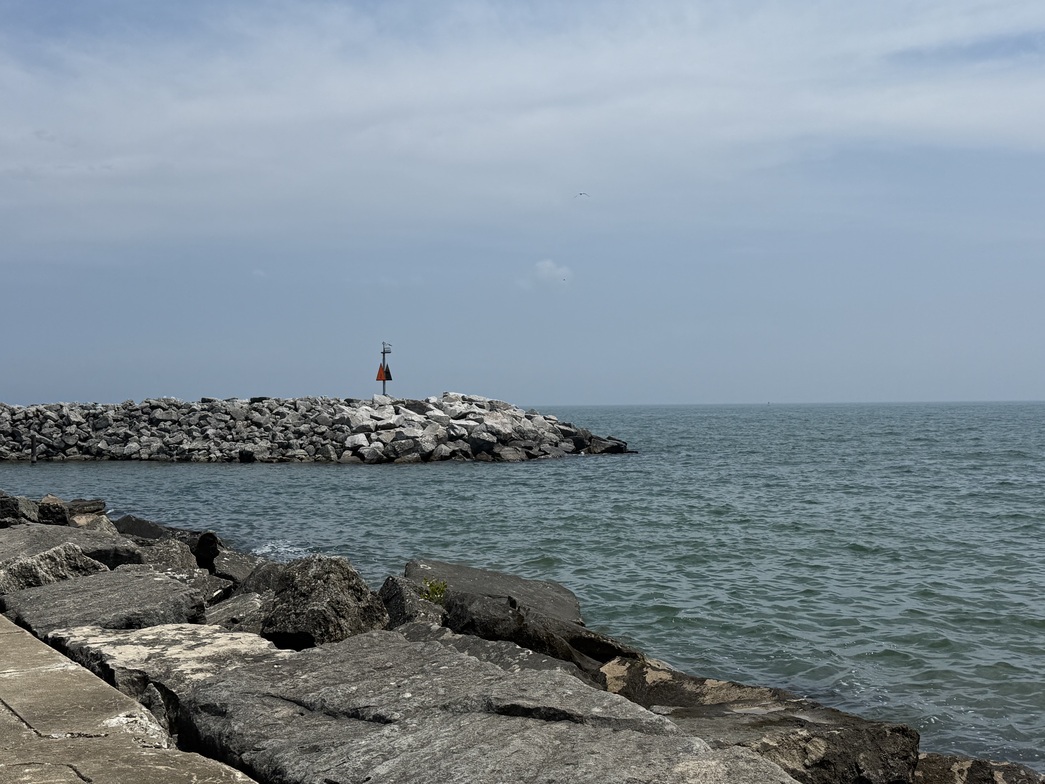
Mark 4:1-9
1 Again he began to teach beside the sea. Such a very large crowd gathered around him that he got into a boat on the sea and sat there, while the whole crowd was beside the sea on the land. 2 He began to teach them many things in parables, and in his teaching he said to them: 3 “Listen! A sower went out to sow. 4 And as he sowed, some seed fell on a path, and the birds came and ate it up. 5 Other seed fell on rocky ground, where it did not have much soil, and it sprang up quickly, since it had no depth of soil. 6 And when the sun rose, it was scorched, and since it had no root it withered away. 7 Other seed fell among thorns, and the thorns grew up and choked it, and it yielded no grain. 8 Other seed fell into good soil and brought forth grain, growing up and increasing and yielding thirty and sixty and a hundredfold.” 9 And he said, “If you have ears to hear, then hear!”
There is a practice called Dwelling in the Word where one spends time hearing a couple of different voices read a text and then answer for themselves some questions:
What captures your imagination in this passage?
What questions does this passage raise for you?
What do you think God might be saying to you (us) through this passage?
This is a practice that Council has been joining me in, sometimes looking at the same passage for a year at a time! Last week, during my continuing education retreat, we spent time in the above text from Mark 4 a couple of different times.
During one of the listenings, I was most intrigued by the word 'listen.' That's it. That is the only thing I could focus on during the dwelling, but that is part of the beauty of dwelling. Wherever we get stuck or wander in a text is where we can follow the Spirit's guidance on what the text may be trying to speak to us. I want to give you an example of what this dwelling might look like internally so you may feel more comfortable in doing such a practice for yourself. So, join me in my ponderings on 'listen':
At least in the English translation, the parable that Jesus shares with the crowd both begins and ends with the word listen. Jesus doesn't do this with every parable, so there must be something special about listening in this parable that we don't find in the same way elsewhere. What, then, are we to listen to? Nobody is speaking in this parable. In fact, the only true actor that we have is the sower, but even from the sower, we don't get a word. I then began to ponder what it might be, then, to listen to that which does not speak. What are the seeds that are thrown upon the bad soil saying? Are they crying out for help that they might be transplanted to good soil? Does the very earth cry out that it may be turned and be made good? And what might this all say to us as people of God?
The next step in dwelling is to share with a "relatively friendly looking stranger." When I shared my ponderings with this 'stranger' (at this point, none of us were really strangers), he pointed out to me that the better translation into English for the word 'listen' might actually be 'Listen and do.' This, of course, blew everything up in a whole new way for me. While one could be passive in what the sower is doing, perhaps we are called to be more than passive in what is going on around us. Perhaps we are to notice the struggles of those when they are not in a position where they might be able to grow?
I didn't come away with an answer by the end of the dwelling, I'm not sure I'll ever come away with one perfect answer to any of life's questions. But by the end of this practice, I did feel more connected to a new piece of scripture and spent time with God. And that, dear friends, is never time wasted.
